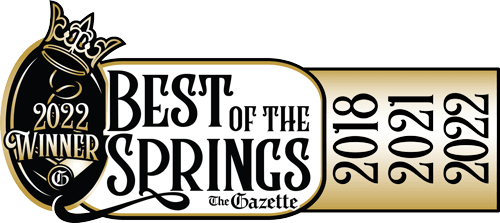These five habits could be making your allergies worse
Sneezes, coughs and sniffles may have started sooner than ever before this year, thanks to an early spring allergy season that may wreak havoc on the health of millions of allergy sufferers. That yellow blanket of pollen outside came quicker and thicker this year because of warmer temps, windier conditions that lifted the pollen from trees, and El Nino that created a wet breeding ground for pollen-producing trees and grasses
Given the onslaught of these conditions, physicians at American Family Care have identified the Top 5 Habits That Make Allergies Worse. With more than 160 medical centers in 26 states seeing more than 2 million patients a year, AFC evaluates more allergy sufferers than virtually any other health care provider outside of the federal government.
“We have a unique perspective on the severity of the season and how to mitigate suffering,” says Dr.Jeremy Allen, a board certified family practitioner at American Family Care. “More and more people visit our clinics thinking they have a cold, but in many cases it is an allergy attack.” Indeed, visits by allergy sufferers are on the increase in AFC clinics, and many of those patients have every day habits they should avoid to keep their allergies from flaring up.
- Sneezing
- Runny nose
- Congestion
- Tearing eyes
- Itching in the nose, roof of the mouth, throat, eyes
Many allergy treatment options are approved by the Food and Drug Administration (FDA). For the first time, these include three sublingual (under the tongue) prescription products to treat hay fever (also called “allergic rhinitis”) – with or without the eye inflammation, called “conjunctivitis” – caused by certain grass pollens and short ragweed pollen. The new products—Grastek, Oralair and Ragwitek—can be taken at home, but the first dose must be taken in a health care provider’s office.
View the full article



